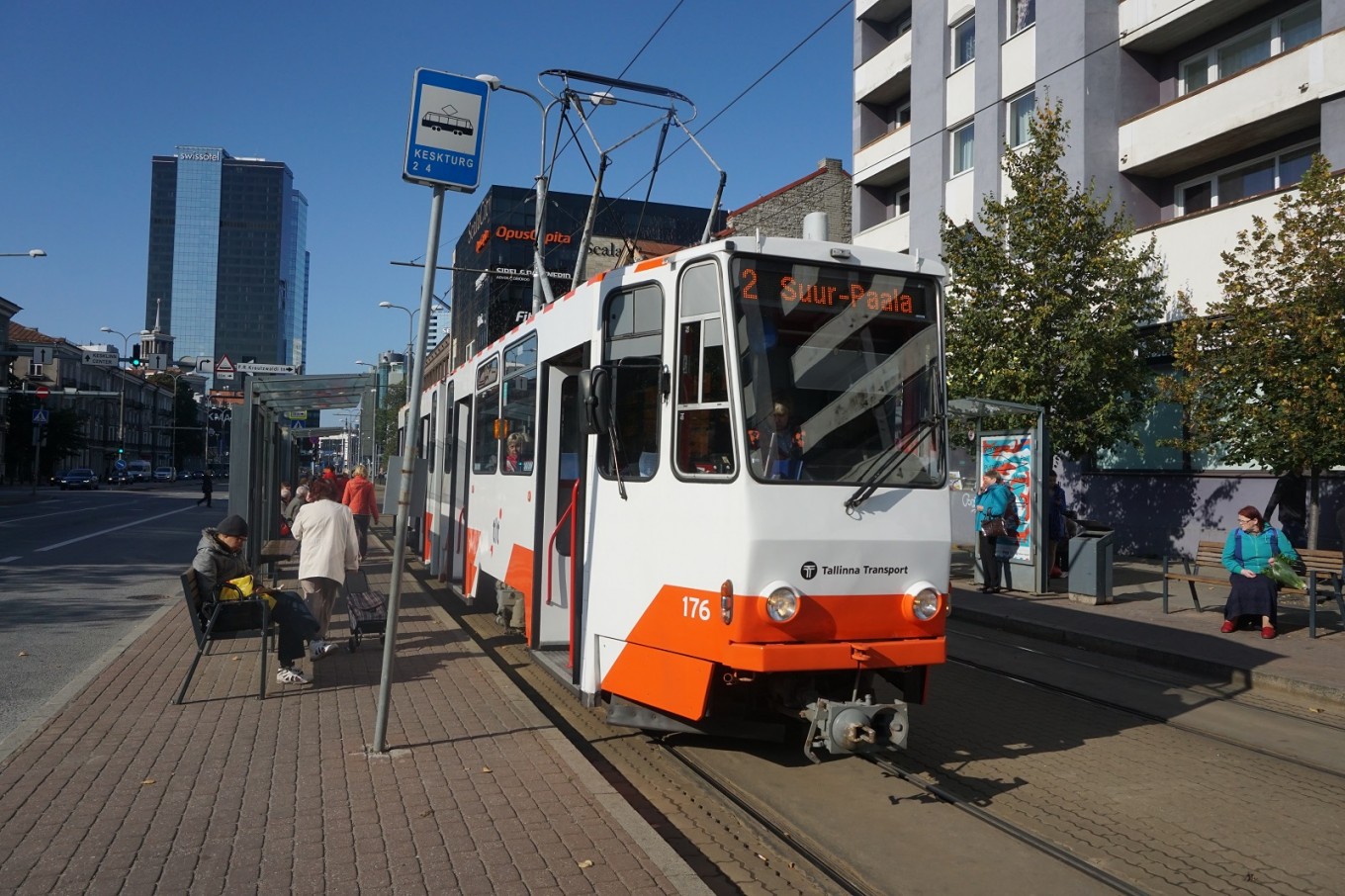Popular Reads
Top Results
Can't find what you're looking for?
View all search resultsPopular Reads
Top Results
Can't find what you're looking for?
View all search resultsPublic transportation in Estonia to be free of charge
Change text size
Gift Premium Articles
to Anyone
Starting July 1, Estonia will allow citizens to travel around the country at no cost whatsoever.
The plan was first implemented in Estonia’s capital city Tallinn back in 2013, as reported by the Huffington Post. All forms of public transport, including trams, buses, trolley buses and trains, are available for the city’s residents to use for free. The municipality, however, gets a €1,000 share of each citizen’s income tax every year.
It can be said that this free transportation project has been running smoothly, with an additional 25,000 people registering as residents, bringing more money for the city of Tallinn, according to the Guardian. Although it means there will be less income for the cities that are left behind.
The government of Estonia, however, now plans to roll out the free transportation program across the entire country, although it will start out small and apply a few limitations.
Free travel around the entire country will only be available by county buses, for example. Traveling by train will not be free yet, although train tickets for state-owned railways will be considerably cheaper. Cities in Estonia other than Tallinn, however, will still require a fee to use all modes of transportation, including buses.
Considered the largest national free public transportation project in the world, the program is designed to help people with lower incomes to find better job opportunities around the country.
“Free public transport enables them to look for and take jobs in a wider area than they would be able to access by walking,” Allan Alaküla, head of the Tallinn European Union Office, told the HuffPost in a statement, also mentioning that a Tallinn survey indicated high satisfaction among people with low incomes.
Read also: Transportation body wants ERP applied to cars entering Jakarta
Many other advocates share the same opinion.
Advocate João Peschanski, a researcher at the University of Wisconsin-Madison, who studies public transportation around the world, was quoted as saying, “It is an especially important idea in poor and more unequal societies, because without mobility assistance, some people will be prevented from having access to resources ― to jobs, culture and leisure opportunities”
Aside from helping poorer people travel around, the free public transit will also be able to reduce traffic and carbon emissions on the road.
“We hope it gives people a reason to use their car less, or not use their car at all on working days,” Alaküla said. “In Tallinn we have taken several measures to reduce car usage along with free public transportation ― special bus lanes, more bike tracks to encourage cycling, and we have also raised on-street parking fees and reduced parking places.” (ely/mut)







